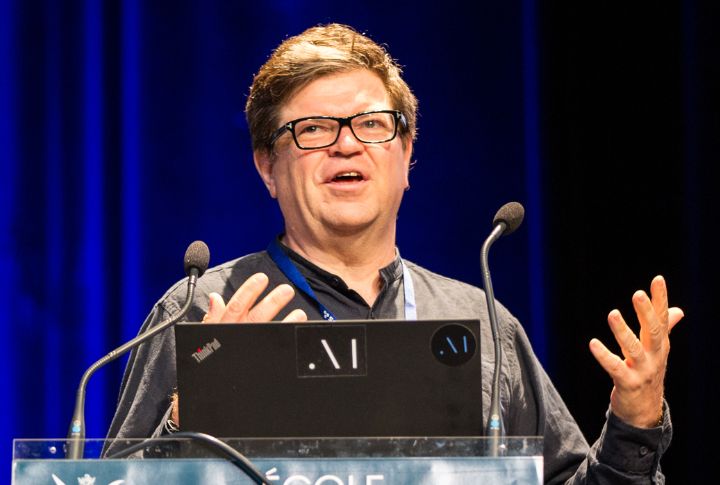
LeCun is a French-American computer scientist whose name you’ll see among the pioneers of deep learning. He helped invent and popularize convolutional neural networks, earned the 2018 Turing Award for his work, and helped build the research arm of Meta Platforms (formerly Facebook) in 2013. Over the years, he’s held professorships at New York University across computer science and neural science to help shape how machines see and learn.
Now he’s reportedly planning to leave Meta to launch his own AI startup—a bold shift that deserves your attention if you care how artificial intelligence products evolve and how they might show up in your life.
A Shift Away From The Meta Lab
LeCun has been at Meta’s FAIR (Fundamental AI Research) group and acted as the company’s Chief AI Scientist for over a decade. At the same time, Meta reorganized its AI efforts: LeCun now reports to Alexandr Wang, founder of Scale AI, as part of Meta’s new Superintelligence Labs structure.
This change of guard signals more than a title swap. It reveals a shift in Meta’s strategy—from long-term research to faster, product-oriented AI development. For you, this means the company’s focus may tilt away from the kind of deep exploration that LeCun preferred and toward quicker output.
Why LeCun Says Language Models Aren’t Enough
LeCun has publicly said that large language models (LLMs) are “just token generators,” asserting they alone won’t get us to human-level reasoning. He argues that the next generation of AI must learn about the physical world, hold persistent memory, and understand cause and effect.
That viewpoint diverges from many current commercial AI efforts, which lean heavily on scaling text models and optimizing for quick results. This means that the upcoming AI systems may start to look and feel very different—less about chatting and more about interacting with and reasoning about the real world.
His New Venture: What To Watch
The reports say LeCun is already in early discussions to raise funding for a startup focused on “world models”—AI that simulates environments, learns how things work physically, and builds more grounded capabilities. This could remake how AI shows up in your devices or workplace: smarter agents that don’t just respond to words but understand context and real-world dynamics.
While many AI tools today feel like advanced autocomplete, the next wave might feel more like a teammate that really gets your surroundings and tasks—not just your questions.
What It Means For Meta And For You
Meta’s decision to realign its AI team around commercialization and large-scale models carries risk. FAIR, the research group LeCun led, is facing identity questions as Meta pours resources into product rollout and infrastructure. When a prominent figure like LeCun steps away, it raises questions about the direction: will the depth of research give way to the speed of delivery?
From your perspective as a consumer, this matters. You may see more AI features sooner, but they might rely less on foundational breakthroughs and more on scaling existing tools. Meanwhile, LeCun’s startup may push the envelope farther—but startups also carry uncertainty.
The Godfather Of AI Writes His Own Next Chapter
Yann LeCun’s exit marks more than a career shift—it’s a statement about where real innovation begins. By pursuing AI that truly understands the world, he’s challenging the tech status quo. Whether his startup soars or stumbles, his move signals a bold new direction for the future of intelligent machines.
